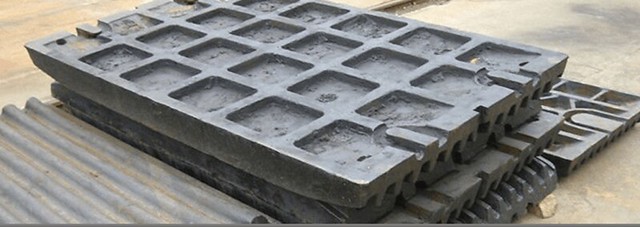Alloy Sheet Metal Engineering: A Comprehensive Guide
Introduction: alloy sheet metal
In the field of engineering, alloy sheet metal plays a vital role. This article delves into the manufacturing process, characteristics, advantages, usage methods, how to choose this product wisely, and presents a conclusive summary.
Manufacturing Process:
The production of alloy sheet metal involves several steps. Firstly, raw materials such as aluminum and titanium-magnesium are carefully selected based on their specific properties. Then they are processed through various t Metal plate echniques like rolling or extrusi alloy sheet metal on to obtain the desired thickness and shape. Afterward, the sheets undergo heat treatment to enhance their mechanical properties and ensure durability.
Characteristics:
Alloy sheet metals possess several remarkable features that make them highly desirable in many applications. These sheets exhibit excellent corrosion resistance due t stainless steel plate supplier o the presence of elements like chromium or nickel in stainless steel plates and anodic coatings on aluminum alloys. Moreover, they offer exceptional strength-to-weight ratios compared to other types of metals.
Advantages:
1. Versatility: Alloy sheet metal can be easily formed into different shapes for various uses.
2. Lightweight: Due to their low density nature, these sheets provide manu Titanium-magnesium sheet metal facturers with lightweight solutions without compromising structural integrity.
3. Durability: With proper surface treatments and protective coatings applied during manufacturing processes, alloy sheet metals can withstand harsh environmental conditions.
4. Cost-effectiveness: The use of alloy sheets reduces material costs while m

aintaining high-quality performance levels.
5. Sustainability: Many alloys used in these products are recyclable.
Usage Methods:
Alloy sheet metal is extensively utilized across numerous industries including automoti

ve manufacturing, aerospace engineering, construction projects involving building facades or roofs using steel/aluminum/and titanium-magnes Steel sheet ium alloys respectively.
How to Choose Alloy Sheet Metal Products?
When selecting alloy sheet metal products for your project requirements consider following key factors:
1.Quality Standards – Ensure compliance with industry standards such as ASTM (American Society for Testing Materials) or ISO (International Organization for Standardization).
2.Purpose and Application – Identify the specific purp alloy sheet metal ose and conditions under which the sheet metal will be used. This helps in determining material composition, thickness, finishes, etc.
3.Manufacturer’s Reputation – Choose products from reputable manufacturers with a track record of providing reliable and durable alloys.
4.Cost Consideration – Balance your pr alloy sheet metal oject budget with quality requirements while considering factors like quantity discounts or bulk orders.
Conclusion:
Alloy sheet metal is an essential engineering material known for its versati

lity, durability, lightweight structure, cost-effectiveness, and various applications across industries. By understanding the manufacturing process, characteristics, advantages alongside proper selection methods highlighted in this article; engineers can stainless steel plate supplier now make informed decisions to incorporate alloy sheet metal into their projects successfully.
Stainless Steel Plate Supplier Alloy Sheet Metal Alloy Sheet Metal Alloy Sheet Metal Alloy Sheet Metal
